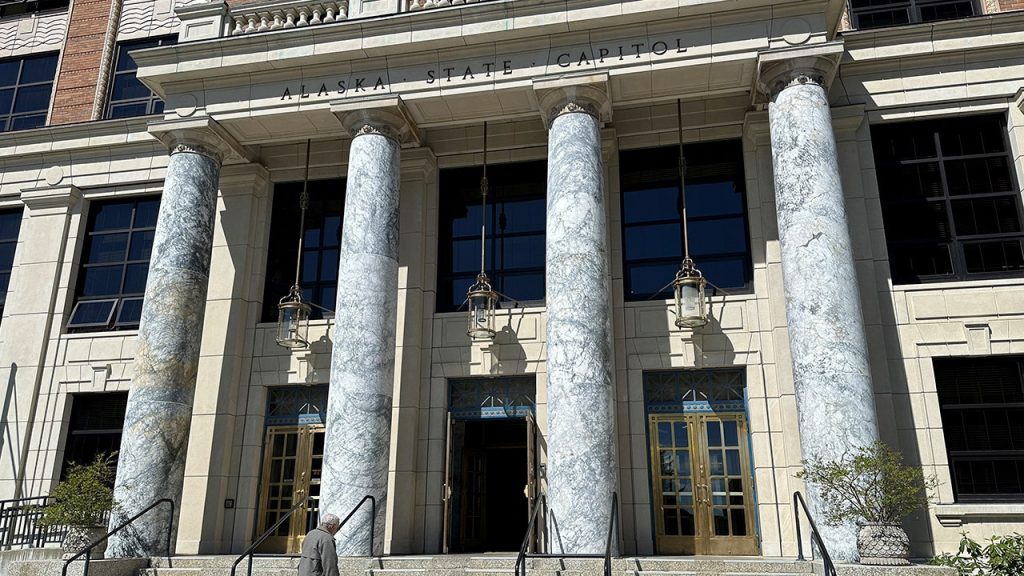Alaska lawmakers ended their four-month session with a focus on priority issues such as education and energy. Despite some bickering over the budget, the session was largely successful, with a compromise education package being passed that included a permanent $175 million increase in aid to school districts. However, the package was vetoed by Governor Mike Dunleavy, sparking failed attempts in the House to override the veto. Lawmakers settled for a one-time boost to the foundation formula in the budget to address some of the funding issues facing public schools.
Lawmakers also addressed the issue of correspondence schools, passing a bill with provisions aimed at providing stability for students while ongoing litigation plays out. These schools allow students to be homeschooled under the authority of school districts, but a judge found that laws around correspondence school allotments were allowing for purchases of private educational services with public funds. The bill aimed to give peace of mind to the 22,000 students affected by the situation.
Alaska also focused on underground carbon storage, passing a bill that allows the state to establish a system for storing carbon dioxide underground. This initiative is seen as a way to generate new revenue while still embracing fossil fuel production and other resource extraction. The bill also included provisions to encourage more gas production in Cook Inlet, an area where gas availability has become a concern. Lawmakers hope the bill will help unlock gas fields and ensure a stable energy supply for residents.
The size of the annual dividend paid to residents was another major point of contention in past sessions but was largely settled this year, with lawmakers agreeing to a dividend of roughly $1,360 and an energy relief payment of $295. Legislative leaders credited better communication and a balancing of priorities for the smoother process this year. The session was not without drama, including failed attempts to override vetoes of additional public school funding, and a narrow passage of a pension bill for public employees in the Senate.
Despite a generally successful session, challenges remain in adequately funding public schools and addressing retirement issues for public employees. Lawmakers will continue to work on these and other issues, including further addressing the needs of public school students and ensuring the stability of the energy supply in the state. The passage of bills related to underground carbon storage and energy production are seen as important steps toward generating revenue and meeting the state’s energy needs in a sustainable way. The focus on education and energy issues reflects the unique challenges and priorities of the state of Alaska.


